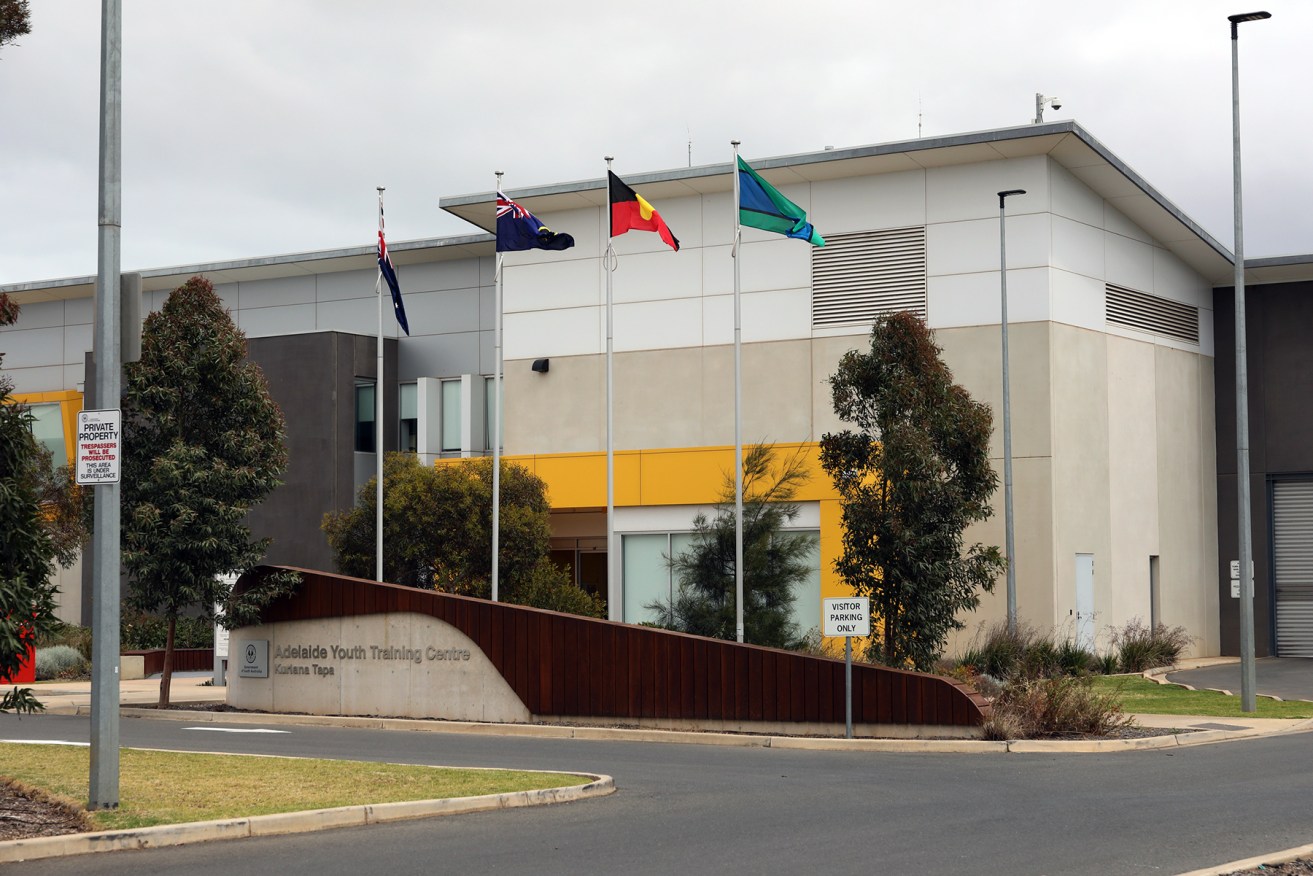Privatisation sparks concerns over program to help young offenders avoid jail
A South Australian program that helps young offenders complete community service and stay out of prison will be privatised, angering public sector youth workers who fear it could lead to more children being locked up.


The Adelaide Youth Training Centre. Photo: Tony Lewis / InDaily
The government-run Community Service Order Program has been operating for decades, working alongside young people aged 10-18, their families and communities, to limit the rates of detention in the Adelaide Youth Training Centre.
The program – currently operated out of the Community Youth Justice division of the Human Services Department – consists of about 17 public sector youth workers.
The department says that privatising the service in metropolitan Adelaide and a number of regions will “achieve better outcomes for children and young people” but the Public Service Association has accused the State Government of “penny pinching” and warned it could lead to more young people ending up in detention.
“If the government really cared about our youth, they wouldn’t be privatising a successful service that gives young people an opportunity to turn their lives around,” PSA general secretary Nev Kitchin told InDaily.
“For the government to abandon the high number of Aboriginal and Torres Strait Islander young people who rely on this service, in order to save a few dollars, is simply disgraceful.
“The State Government is making a habit of privatising successful preventative programs that save lives – they were elected to provide these services, not get rid of them.”
The PSA says the success rate of young people completing their community service orders in SA is “high” – sitting at 70 per cent.
“Youth in the Community Service Order program need support from allied services (and) privatising the program will reduce this support,” Kitchin said.
Opposition human services spokeswoman Nat Cook said the program had been successful in keeping young people out of detention “and getting back on track in their communities”.
“We know privatisation so often leads to worse outcomes for the community,” she said.
“I’m concerned the success of this program will be jeopardised in the name of cost-cutting.
Cook said young people involved in youth justice programs “for whatever reason are highly vulnerable and at a crossroads”.
“We need clear answers – why is this program being privatised, will it lead to more children in the youth training centre, and what will it mean for this program’s dedicated staff?” she said.
The department’s youth justice services executive director, Katherine Hawkins, confirmed a tender process had been opened for non-government organisations to run the program in Adelaide and many regional areas of South Australia.
“This measure is designed to build on the foundations of the existing CSO program and achieve better outcomes for children and young people by tapping into the wide range of programs and long-term supports that NGOs can offer,” she said.
“NGOs are well-placed to provide referrals to other supports that young people may need, for example housing and wellbeing services, and to continue supporting young people after court-ordered requirements have expired.
“It is important to provide a range of culturally appropriate and contemporary approaches to community service that deliver tangible benefits for the community and meet the individual needs of children and young people.”
Hawkins said during consultation on the Youth Justice State Plan “it was identified that more opportunities should be sought to partner with the NGO sector, to increase access to the range of supports and services beyond the term of a justice mandate”.
Tenders will close on November 5.
The successful NGO will provide the program in metropolitan Adelaide as well as the Adelaide Hills, Fleurieu Peninsula, Kangaroo Island and the Murray Mallee regions.
The department will continue to manage the program in other regional and remote areas of SA.




